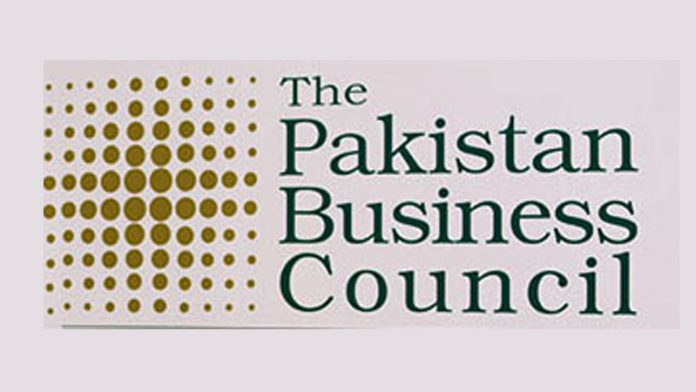The Pakistan Business Council (PBC), the country’s largest corporate sector advocacy platform, has expressed reservations regarding the government’s “ambitious export target” of $60 billion.
In a letter addressed to Minister of Commerce Jam Kamal Khan, the PBC emphasized that exports are crucial for managing the balance of payments sustainably. Unlike debt, which must be repaid, export proceeds remain within the country, providing a significant advantage given Pakistan’s current financial state.
The PBC highlighted that the government aims to achieve a $60 billion export target within three years, representing a substantial 113% increase over the forecast for FY24 by the International Monetary Fund (IMF), which stands at $37.2 billion.
However, the PBC raised substantial concerns about the process of setting this target, noting that exporters were not included in the deliberations. They also pointed out that key considerations such as the implications of the Federal Budget 2024-25 and the impact of high energy tariffs were excluded from the terms of reference.
Citing media reports, the PBC noted that the competitiveness of exports vis-à-vis countries like Bangladesh, India, and Vietnam was not adequately reviewed. The council questioned whether sufficient investment has been planned to diversify the export basket and expand into new markets, and if mechanisms to incentivize such investments were discussed.
Furthermore, the PBC highlighted uncertainties about the nature of the $65 billion target—whether it refers to gross or net exports—and whether it accounts for imports required to generate exports. They also questioned if the target includes strategies for indigenizing imported materials, supporting new exporters, or facilitating exports to new markets.
The PBC urged the government to provide clarity on the rationale behind setting the export target, outline the support measures expected from the government, and specify the role of the private sector in achieving this ambitious goal. They also inquired about plans regarding trade agreements, particularly the renegotiation of the China-Pakistan Free Trade Agreement, and preparations for meeting European Union conditions for the GSP Plus Program continuation.
The letter concluded with a call for transparency in sharing the basis of the export target and a comprehensive plan to ensure its achievement in collaboration with the private sector.
























